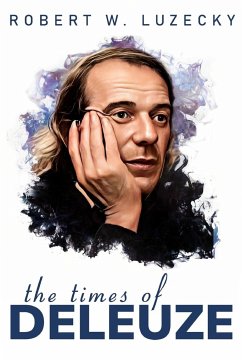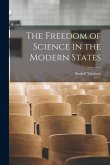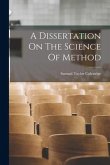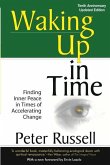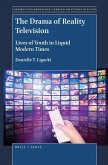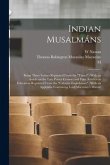Perhaps there is no aspect of Deleuze's philosophy as important as his nuanced thought on the nature of temporality. For Deleuze, the concept of temporality is non-monolithic, in the senses that throughout his works - the monographs, lectures, and those works that were coauthored with Félix Guattari - he ceaselessly returns to elaborations on the nature of time. It is as though temporality is the thematic refrain of Deleuze's philosophy. Throughout his published works and lectures, Deleuze draws on a dizzying array of philosophers, occult philosophers (i.e., mystics), novelists, filmmakers, poets, anthropologists, ethnologists, and political revolutionaries to develop a philosophy of time that is utterly without precedent in the Western philosophical tradition. From Plato to the Stoics, from Aristotle through to Kant, Husserl, and Bergson, from Marx and Stalin alike, Deleuze traces a remarkable path from the lost time of Proust through to the divergent temporal series illustrated in the fiction of Borges. There is the suggestion -hinted at in the fiction of F. Scott Fitzgerald and further developed in Deleuze's reading of Marx - that time involves a stochastic progression. Through reference to Kierkegaard and Riemann alike, Deleuze develops the claim that time involves the repetition of axiological and ontological singularities (i.e., moments of creation). Deleuze's elaborations on the nature of temporal expression in film reveal time to be of a wholly different nature than that suggested by the those who would claim that art tends to mimic reality

